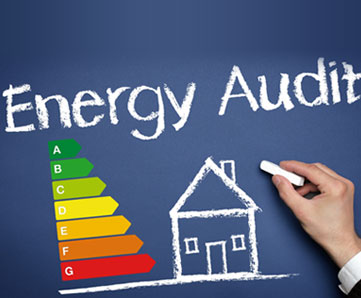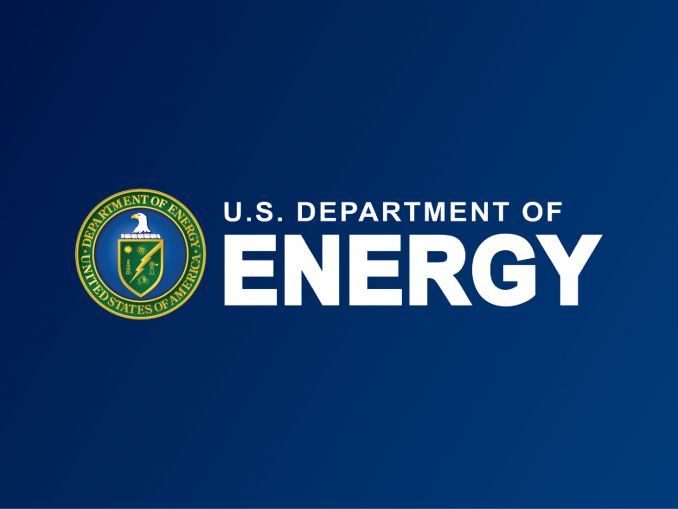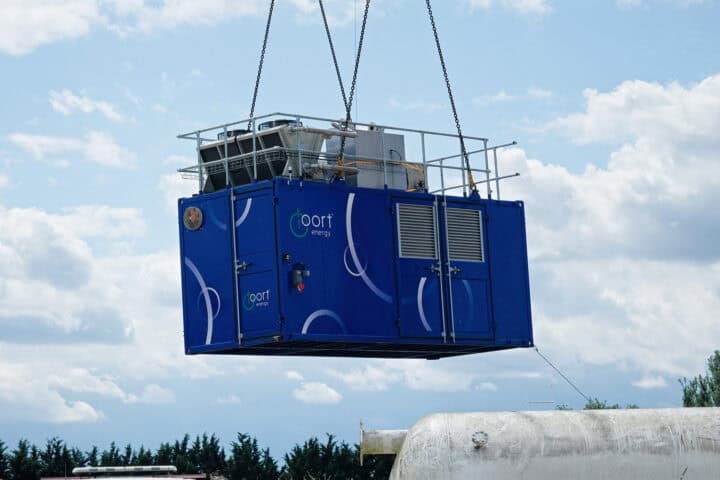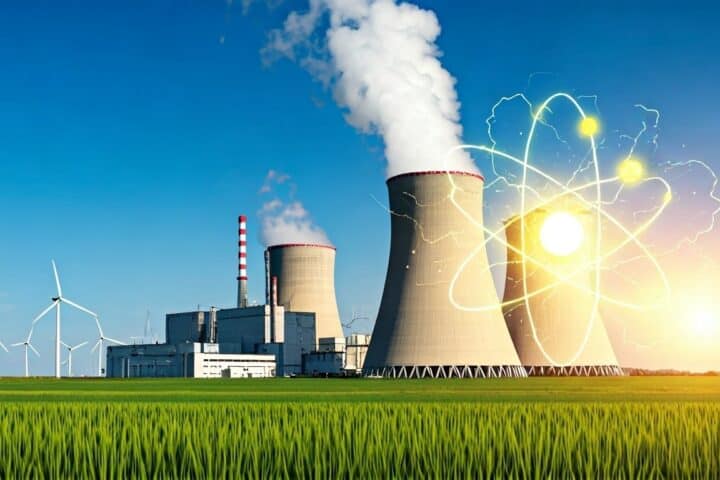Discover the latest developments in energy efficiency with the recent announcement from the U.S. Department of Energy (DOE), offering states up to $40 million in grants to enhance their workforce for energy audit on commercial and residential buildings. The Energy Auditor Training (EAT) grant program aims to standardize education and training, diversify talent pipelines, and connect trainees with career pathways. Professionals in building performance, energy auditing, and related fields are urged to embrace this opportunity, aligning with the DOE’s vision for a sustainable future workforce.
A study by Schneider Electric and Boston University highlights the job creation potential of emerging energy technologies, such as heat pumps and solar photovoltaic systems, across various regions in the U.S. The EAT grant program aligns with the Biden administration’s efforts to foster an energy-efficient workforce, supporting regional energy efficiency improvements and community benefits plans.
Applicants are encouraged to submit proposals outlining support for nearby communities, workforce development, diversity, equity, and inclusion initiatives. Let’s build a robust clean energy workforce together, equipped with the skills to drive sustainable change in our urban environments.
Driving Energy Efficiency and Job Creation: The Impact of Fresh Energy Technologies in Commercial Buildings
A recent study by Schneider Electric and Boston University found that fresh energy technologies like heat pumps, solar photovoltaic, and battery storage systems could create up to 4.7 jobs for every commercial building in the U.S. West, Northeast, Midwest, South and Southeast regions.
The EAT grant program is a part of the Biden administration’s conscious effort to fund an energy-efficient workforce that will carry out programs to help states, regional governments, businesses, and homeowners save money and fight climate change. According to the department, it is intended to support the implementation of the bipartisan infrastructure law and the Inflation Reduction Act’s recommendations for regional energy efficiency improvements.
The program aims to strengthen the DOE’s relationships with states, organizations, and agencies over the long term in order to increase the capacity for audits of fresh energy buildings.
Empowering Communities and Workforce: DOE’s Initiatives for Clean Energy Job Creation and Economic Justice
According to the DOE, applicants must submit a community benefits plan outlining how their proposal will support nearby communities and local labor, invest in workforce development, advance diversity, equity, inclusion and accessibility, and support initiatives for economic and climate justice. Concept papers must be submitted by March 28, 2024, and applications are due on June 28.
In order to guarantee that 40% of fresh energy investment benefits percolate to energy-hungry and historically underserved communities, the DOE’s Office of State and Community Energy Programs oversees these initiatives.
In the release, U.S. Secretary of Energy Jennifer Granholm stated that in order to deploy investments in communities across the nation, it is essential that we create a robust clean energy workforce with great quality jobs. She continued “The grants will enable workers from a wide range of industries to safely and consistently conduct energy audits by providing America’s workers with more skills.”
In order to prepare participants for careers as building energy managers, insulators, heating, air conditioning, and refrigeration professionals, as well as innovative technicians in clean energy sectors like battery storage and solar manufacturing, the DOE announced$ 40.8 million in grants in November.

Resume. Investing in Green Workforce: DOE Grants for Energy Audit Training Programs
- Based on a news release dated December 20, the U.S. Department of Energy is giving states up to $40 million in grants and to help them expand and upskill the workforce that will carry out energy efficiency audits on commercial and residential buildings.
- According to an EAT program fact sheet, the short-term objectives of the Energy Auditor Training grant program are to provide states with a uniform framework for the education and training that energy auditors need, expand the pipeline of various talent for such positions, and connect trainees to career opportunities.
- Building performance professionals, energy auditors, and other energy efficiency workers must be ready for an “upgrade to a more lasting future” according to the department, which is now accepting applications for the program, in order to increase the skilled green building workforce.











